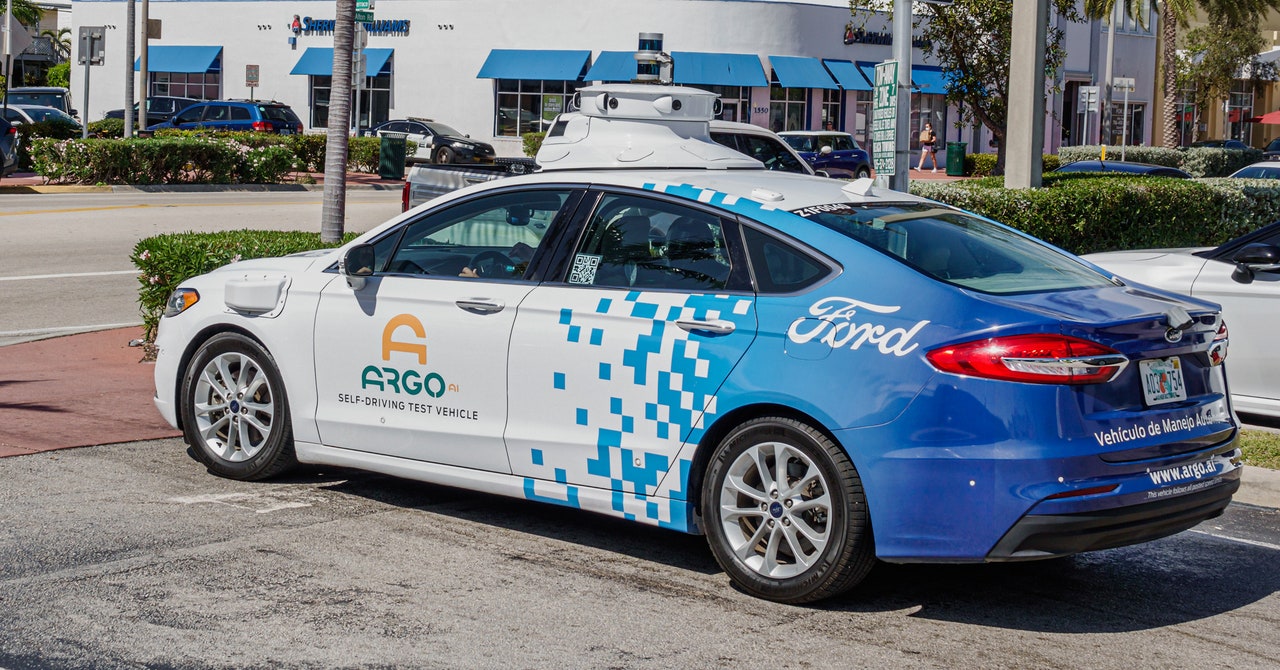Self-driving car developer Argo AI suddenly announced that it would close its doors this week. Some of the 1,800 employees, who have already been phased out by summer layoffs, will be offered jobs “to work on automated technology at Ford or Volkswagen,” Catherine Johnsmeyer, an Argo spokesperson, said in a statement. The two auto giants had pumped some $3.6 billion into Argo and owned most of it. Now they had decided to pull the plug.
Argo’s end is just the latest sign that the global effort to self-drive cars is in trouble — or at least more complex than once thought. While some investors prepare for a potential recession and others prepare for an electric car revolution, the prevailing wisdom about autonomous vehicles has been broken in half.
Some, such as General Motors subsidiary Cruise and Google brother Waymo, have stayed with the program. They have started rolling out robotaxi services in a few places with limited functionality – at the cost of billions. Sure, they’re behind schedules that were widely touted some five years ago, but they’ve taken a pragmatic stance and put a stop to the problem.
Others, such as Ford and Volkswagen, switch lanes. They’ve given up spending in hopes of a monstrous payout from a distant self-driving car tomorrow, preferring technologies they can sell to car buyers today.
Far from being a lightweight in autonomous vehicles, Argo was a major and respected player. The company was founded in 2017 with an investment of nearly $1 billion from Ford, which at the time was eager to catch up with the autonomous Joneses – Google, Uber, General Motors and VW. Argo had a pedigree, thanks to President Peter Rander, an alumnus of Uber’s abandoned self-driving project and one of those who poached the taxi company from the National Robotics Engineering Center, and CEO Bryan Salesky, a veteran of the Darpa Challenges taking off. the rush of the 21st century went towards autonomy.
Argo had wheels on the road and tested in at least eight cities in the US and Germany, including its home base of Pittsburgh. And it had built a reputation in the industry for its safer approach to the dangerous project of testing robots on public roads. In addition to backing from big names like Ford and Volkswagen, it also received funding from partner Lyft, Uber’s rival.
What went wrong? Ford executives explained it most bluntly this week during a conversation with investors: they don’t think self-driving makes much sense right now. The reasons given suggest major problems for the entire nascent self-driving industry. Ford CEO Jim Farley said the company learned through Argo “we’ll have a very long road” to get to a truly self-driving car. In all, some $100 billion has been poured into the AV industry, he estimated, “yet no one has widely defined a profitable business model.”
For the accountants at auto giant Ford, Argo’s math, which grossed more than $3 billion in his short life, just didn’t make sense. They calculated that it would take five years or more “before you actually achieve something that started generating a meaningful business,” said John Lawler, Ford’s chief financial officer. The company disclosed a $2.7 billion accounting charge this quarter to settle Argo, resulting in a loss of $827 million.

